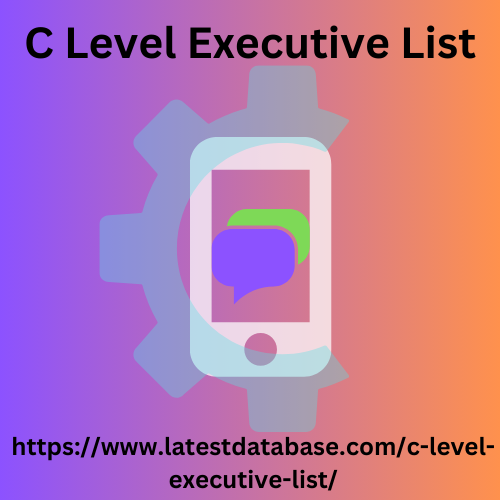|
|
Review the affected pages and ensure that only one canonical URL is specified per page. Check for any misconfigurations or errors in the implementation of canonical tags. Use absolute URLs instead of relative ones to provide clear and unambiguous information to search engines. By specifying a single canonical URL for each page, you guide search engines in properly indexing and ranking the page, enhancing your website’s overall SEO performance. Broken canonical tags Broken canonical tags occur when the specified canonical URL is inaccessible or no longer valid.
This can happen due to changes in site structure, URL modifications, or improper C Level Executive List implementation. It is important to identify and rectify broken canonical tags promptly to avoid negative SEO consequences. Conduct a comprehensive audit of your website’s canonical tags and check the status of each canonical URL. If any canonical URL is broken or leads to an error page, update it with the correct and functioning URL. This ensures that search engines accurately interpret the canonical tag and correctly index and rank your pages.

By actively troubleshooting and addressing these common issues, you can optimize your website’s SEO, ensure accurate indexing and ranking of your pages, and contribute to the overall success of your online presence. Improving YourCanonical URLs help you fix duplicate content issues, enable search engines to understand your site better, and improve your site’s visibility. Recognizing and using them demonstrates your commitment to your website’s success. However, none of this really matters if your website doesn’t contain high-quality content.
|
|
